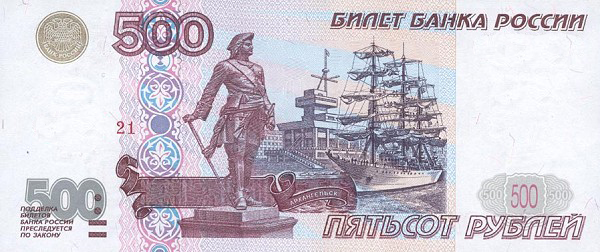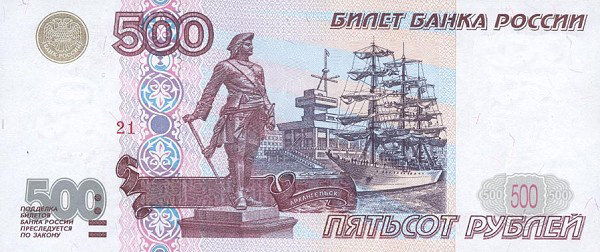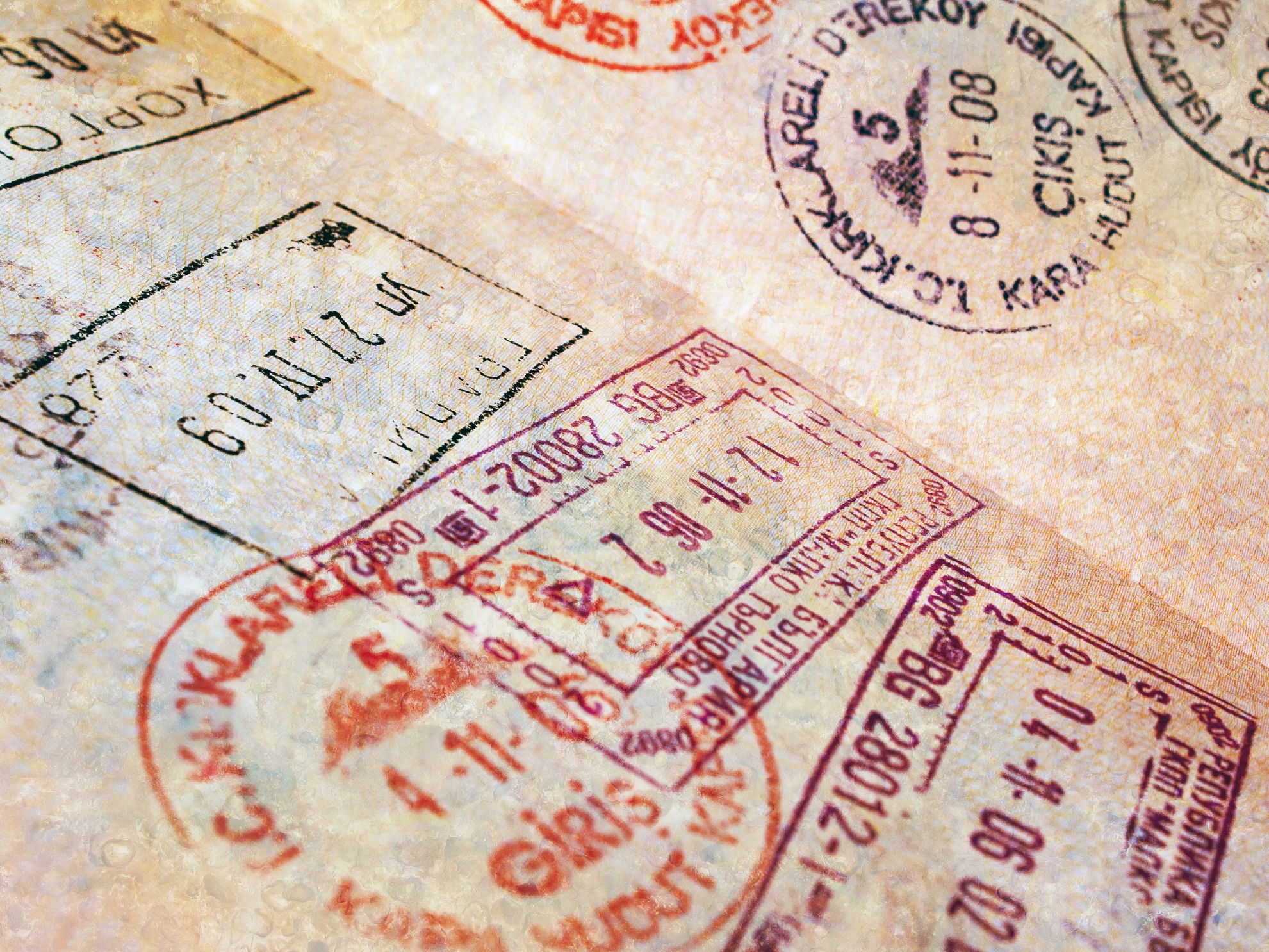Russia may soon issue its own official blockchain-based currency, the CryptoRuble

Russia will issue its own official cryptocurrency, the CryptoRuble, capping months of speculation about the country’s approach to the technology. While in a way it indicates an embrace of the likes of Bitcoin and Ethereum, the CryptoRuble is unlikely to share the truly decentralized nature of other coins.
The news, first reported by CoinTelegraph, cites local news reports, which in turn cite Nikolay Nikiforov, the Russian government’s minister of communications. I’ve contacted the Russian government for confirmation and details, and will update this story if I hear back.
Reports this summer suggested the country was looking into creating its own cryptocurrency, though the administration has also taken a hard line on other coins, calling them illegitimate replacements for the official currency.
Details are scarce, but according to the reports, the CryptoRuble cannot be mined, but will be issued and tracked by the government like ordinary currency. That does away with one of the primary draws of cryptocurrencies, of course: some would say that the entire point of something like Bitcoin is to free commerce from the fetters of government-run fiat currencies.
The CryptoRuble does appear to be blockchain-based, however, which gives it at least a veneer of decentralization and could help prevent things like online fraud. Rubles and CryptoRubles (I’m hoping they drop the camel caps) will be able to be freely exchanged, though how exactly is unknown — an official exchange seems likely, but unofficial markets are inevitable.
The idea is to stimulate the online economy in a way that doesn’t rely on foreign money markets or third party transaction brokers, and allows the government to closely regulate and track it. Nikiforov also reportedly said that if Russia didn’t do it, European authorities might beat them to the punch.
Waiting for the other shoe to drop?
Upon exchange, CryptoRubles will reportedly require some kind of proof of origin, such as (presumably) a documented retail transaction or service rendered. Obviously this is to deter money laundering and currency manipulation; however, because the government doesn’t want to put a full stop to those popular activities, undocumented CryptoRubles will simply be exchanged with a 13 percent tax.
This tax will also be applied to any appreciation in value, although it’s unclear how or if the coin will be tied to the fiat currency.
One might take this as the government tacitly encouraging and profiting from speculation and money laundering — but at the same time, it’s a realistic way to keep the marketplace from devolving into a total melee. Crypto enthusiasts are unlikely to relish the idea of the Russian regime skimming off the top of a marketplace, but for now that seems to be the price to participate in what could be a major online economy.
Published at Sun, 15 Oct 2017 18:57:42 +0000





